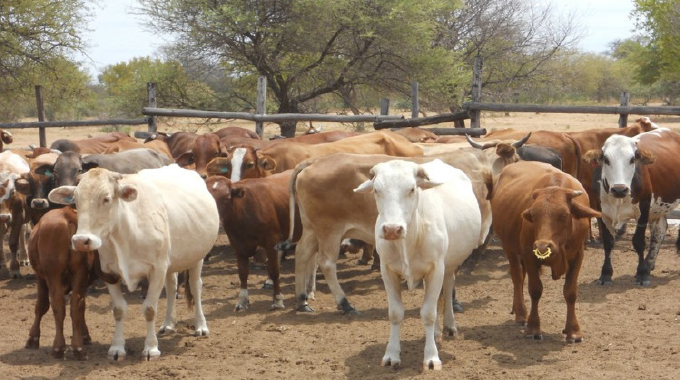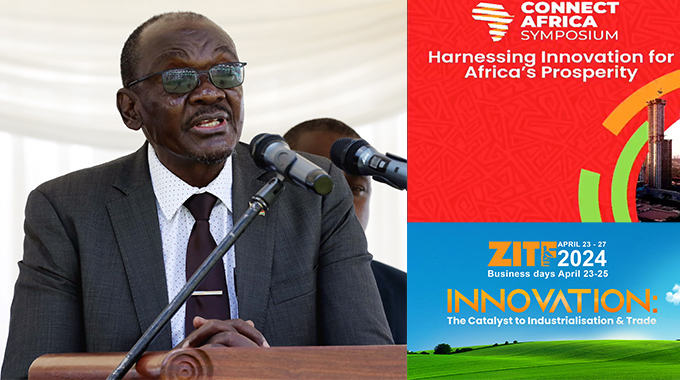Zim embarks on livestock cross-breeding project

Sikhulekelani Moyo, Business Reporter
ZIMBABWE Agricultural Growth Programme (ZAGP), through its Beef Enterprise Strengthening and Transformation project (Best) has embarked on a livestock cross-breeding project aimed at improving the quality of the country’s herd.
The initiative is expected to impact positively on the broader beef and leather value chain, which is a key component of the agriculture sector, the mainstay of the country’s economy.
Project communications officer, Mr Ntandoyenkosi Ngwenya, said the breeding programme was targeting cattle business centres (CBCs) starting with Matabeleland North province.
“We have started giving farmers Brahman and Beefmaster bulls and we started with Matabeleland North province, which has already received 10 bulls,” said Mr Ngwenya.

Cross-breeding is a way to bring a strong breed, which is resistant to drought and diseases and it yields quality meat.
Mr Ngwenya said under the project, 50 bulls will be given to farmers at the 10 CBCs around the country.
He said Matabeleland North received its 10 bulls in January while Kwekwe and Gokwe North received five bulls each last week.
The Best project is funded by the European Union under the ZAGP, which is being implemented in
Matabeleland North, Manicaland, Masvingo, Mashonaland Central and Midlands.
The project is targeting smallholder farmers.
Mr Ngwenya said beneficiaries are trained on how to take care of the bulls and this covers aspects such as nutrition and disease control.
One of the lead farmers from Umguza district in Matabeleland North, Mr Ndabezindle Nkomo, said the project will boost the quality of the country’s herd.
“We received the bulls last month and this will improve our herd,” he said.
Mr Nkomo said many smallholder farmers could not afford to buy the quality bulls and therefore, commended the project for coming to their rescue.
“We expect to start enjoying the benefits of cross-breeding in about three years,” he said.
Best has trained lead farmers on how to make their own supplements to reduce the cost of buying stock feeds and to reduce livestock poverty-related death during dry seasons.
The project has also provided inputs like seeds to farmers so that they can grow our their own fodder. – @SikhulekelaniM1.












Comments